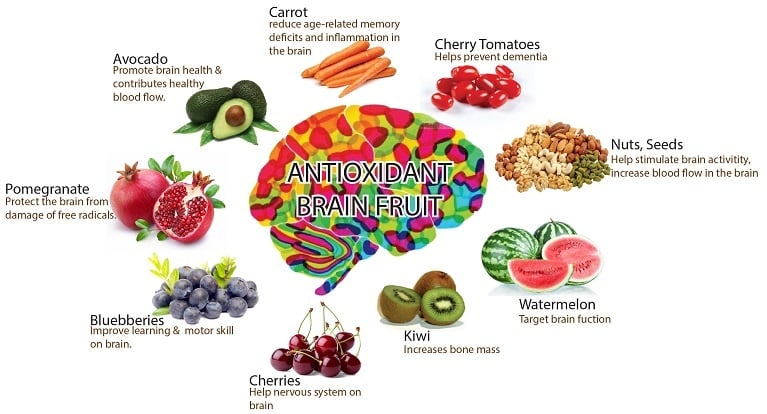
Dec 3, 2015
The healthful benefits of antioxidants are well known. These nutrients may play a role in the management or prevention of some medical conditions such as atherosclerosis, macular degeneration, Alzheimer's disease, and cancer.
But the results of a recent study suggest that antioxidants may have a harmful effect in one of the leading causes of death worldwide: cancer. The study, published in the journal nature, described how antioxidant supplements administered to mice infected with human cancer cells actually increased the spread of cancer in the mice.
This study joins a host of other recent research and data that suggest antioxidants may worsen treatment outcomes in people who have cancer or who are at risk for the disease.
ANTIOXIDANTS IN THE HUMAN BODY
Antioxidants consist of thousands of various compounds, including vitamin c, selenium, manganese, lycopene and beta-carotene. These vitamins, minerals and phytochemicals could offer protection against a range of diseases, including cancer, heart disease, neurodegenerative diseases and eye problems, according to BCC project analyst Aneesh Kumar.
“Antioxidants show their activity by preventing damage caused by free radicals, which are produced as a byproduct of normal metabolism,” Kumar explains. “Free radicals can also be caused as a result of lifestyle habits such as smoking and drinking alcohol, which produce harmful molecules that attack healthy cells.”
SIDE EFFECTS OF ANTIOXIDANTS
But scientists are beginning to think that “antioxidants at high enough levels also protect cancer cells from these same free radicals,” reports Melinda Wenner Moyer of Scientific American. She cites a 2011 study which found that large doses of vitamin E increased the risk of prostate cancer in men by 17%, writing the findings “puzzled researchers because the conventional wisdom is that antioxidants should lower cancer risk by neutralizing cell-damaging, cancer-causing free radicals.”
Kumar corroborates the emerging evidence in citing other studies. “One such example was observed in a large trial for beta-carotene conducted among men in Finland who were chain smokers. The trial was stopped early when researchers saw a significant increase in lung cancer among those taking the supplement compared to those taking the placebo,” he says.
He mentions another trial involving heavy smokers and people exposed to asbestos who received beta-carotene combined with vitamin A. Again, an increase in lung cancer was seen in the supplement group. “However, not all trials of beta-carotene show this harmful effect.
Studies have found no correlation between vitamin E and other antioxidant supplements in preventing or improving the signs of heart disease or cancer,” Kumar observes. “Research has shown that taking beta-carotene may actually increase the chances of developing lung cancer in smokers.”
TAKE AWAY MESSAGE: MORE STUDIES NEEDED
The aforementioned studies and mounting data shed light on the trials implicating antioxidants in cancer. But according to Zachary Schafer Ph.D., a cancer biologist at the University of Notre Dame interviewed by Wenner Moyer, it could be “while antioxidants might prevent DNA damage—and thus impede tumor initiation—once a tumor is established, antioxidants might facilitate the malignant behavior of cancer cells.”
As so often is the case when early data suggest new findings, more studies are needed to precisely understand how antioxidants affect cancer cells in humans.
The worldwide antioxidants market comprises not only the food and beverage industry, but also the cosmetics, fuel additives, animal feed, pharmaceuticals, leather, ink and coatings industries. According to BCC Research, the global market for antioxidants is anticipated to reach almost $4.7 billion and $5.7 billion in 2014 and 2019, respectively, reflecting a five-year compound annual growth rate (CAGR) of 4%.

Biophotonics: Technologies and Global Markets (PHO024B)

Global Trade: A Strategic Shift The global trade environment is undergoing a dra...

The global demand for cutting-edge materials continues to rise, and at the foref...

We are your trusted research partner, providing actionable insights and custom consulting across life sciences, advanced materials, and technology. Allow BCC Research to nurture your smartest business decisions today, tomorrow, and beyond.
Contact UsBCC Research provides objective, unbiased measurement and assessment of market opportunities with detailed market research reports. Our experienced industry analysts assess growth opportunities, market sizing, technologies, applications, supply chains and companies with the singular goal of helping you make informed business decisions, free of noise and hype.